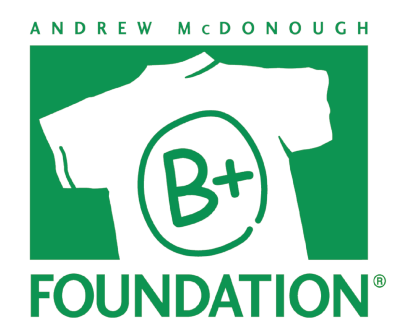Development of anti-KIT antibodies and immunotoxins as therapeutics and HSCT conditioning agents for pediatric acute myeloid leukemia
Stanford University, Stanford, CA
Acute myeloid leukemia (AML) is a frequent and devastating type of cancer that affects thousands of children worldwide. Patients diagnosed with AML are generally treated with harsh conventional chemotherapy and/or blood-forming (hematopoietic) stem cell transplantation (HSCT). Unfortunately, regardless of the therapy used, most children have sub-optimal outcomes: overall survival is only ~60% and children who do survive have many severe co-morbidities from the toxic treatments used. Thus, better therapeutic options for these patients are desperately needed. We have pioneered several new antibodies that could become very powerful therapies to safely cure AML. These antibodies target a specific protein, KIT (CD117), which is found on bone marrow stem cells and cells that are thought to start and maintain AML. These anti-KIT therapies may kill the leukemic cells by: 1) depriving the cells of key nutrient stem cell factor (SCF) needed for cell growth and survival, or 2) delivering an additional toxin to kill the cells directly. We propose to test these therapies as stand-alone drugs and in combination with HSCT in models of pediatric AML. If our results are promising, we believe these antibodies could rapidly turn into important drugs for both pediatric and later adult AML treatment. In addition, such work could encourage broader exploration of an entire new class of therapies that target both stem cells and AML cells, which could further improve safety and efficacy of HSCT.

